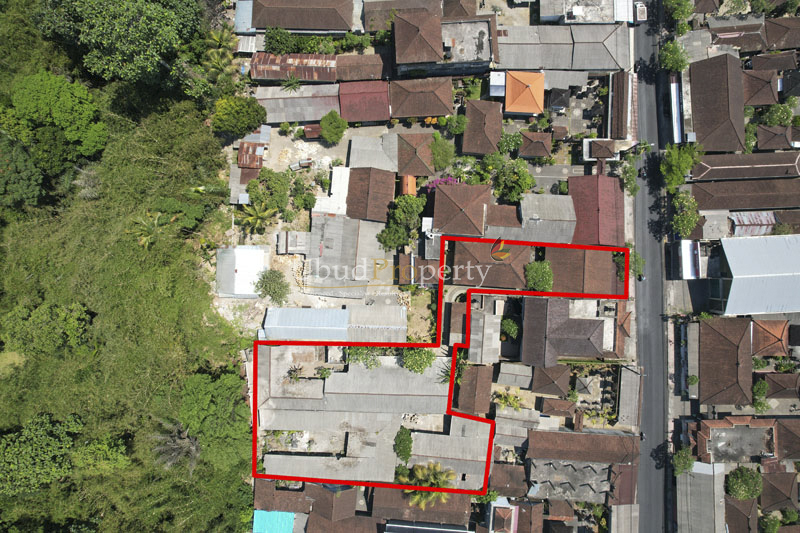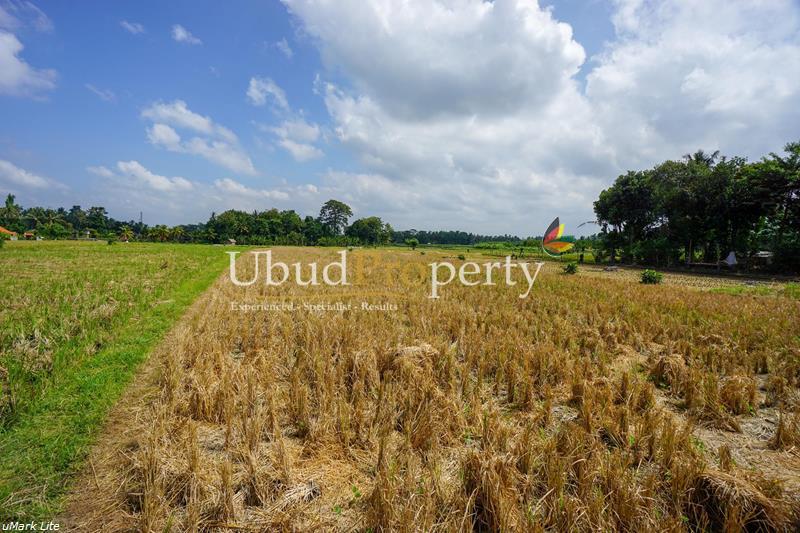In The End You’ll Lose Everything
20 Januari 2021
We adults sure understand that.
But as long as we breathe, we do not want to lose the things we value and worked for.
Maybe you say: “Nonsense, losing any or all of my assets will not happen to me, because I am careful by nature.”
Sounds great.
But what if you are wrong?
Let’s see -
You may have some assets, possibly own your home or at least a part of it, or even have rental properties, and other more liquid funds.
Now imagine what would happen, if you drive along and become involved in a serious car crash.
In some Countries you are hit by massive litigation. Try a trip to the USA, and heaven beware, get involved in litigation there. End of happy-happy.
It is a different thing again in Countries where judges are sometimes known for bending the rules, and I do not want to mention Indonesia here.
Ooops, shouldn’t have happened.
Years ago I had to go to Court because a contractor in Lombok cashed in on a heavy down-payment for the construction of my project there, but then he never turned up for work.
My money was gone. Despite all proof, receipts and the contract itself, the judge dismissed the claim, arguing: “we have to protect our local Countrymen”.
Expensive lesson learned. Would you suggest I appeal and move up into the next higher Court with my claim? Well, I did not.
Today I know where I went wrong in order to achieve the desired outcome. For more on this you are most welcome to join me for a coffee and we chat…
Back to the unpleasant possibility where someone may build up a claim against you. Maybe as a plumber you hit a gas line, which led to the explosion in which the house burned down, or this road accident just happened, with an influential person as victim on the other side …
Of course, the chance for that is thankfully minimal. But then, why do you feel safe in following the social distancing now, when the chance to die of the nasty virus is under 0,01 percent? If we can, we should avoid exposure to any risk, yes?
You realize, that if you were sued in case of such an event, they could reach the equity in your house and of course the other assets in your name.
This could happen if you have sole proprietorship of what you own, - meaning you are being the immediate owner, which leads to 100% exposure.
.jpg)
Why not place certain assets in your spouse’s name? If one spouse has a riskier occupation or lifestyle, it can be extremely strategic to place assets in the other spouse’s name. Generally, the creditors of one spouse cannot reach the separate assets of the other. Therefore, asset protection in the context of marriage requires a strategy whereby valuable assets are held as the separate property of the spouse with the least exposure to risk. This is where a prenuptial or postnuptial marital property agreement will be beneficial.
Also ask your insurance broker about an umbrella insurance. This type of insurance can be personal or business, and it functions as an “umbrella” over any other type of insurance you may carry. It costs an average of $300 to $500 a year for $1 million to $2 million in coverage. That said, don’t assume you can throw caution to the wind, trusting it will protect you in every instance.
Another scenario – You are in a business partnership. You shook hands with a trusted friend to combine forces in growing the business together.
One day the partner’s son enjoys a few drinks with friends and on the way home runs someone over. Also your very own part of the joint business will then be put as asset before the Court.
Not your fault, surely, but what can you do? It is too late, - unless . . .
You see where this is going?
. . . unless - if going into a partnership, limit your responsibility right from the start in a suitable agreement.
For the same reason we have proprietary limited Companies.
But what, if you do not run a business? What if all your personal assets are on the line with you as a private entity?
Remember the heading - ‘In the end you lose everything’ anyway. As the saying goes: there is not much joy in being the richest person in the graveyard.
But this is for later, hopefully much later, therefore we better fasten the seatbelt now, whilst still happily on our way.
Go, transfer assets to trusted persons. (What about the mother in law? Strangely, this option is only chosen by about 1% of us).
Well, shouldn’t be joking. My mother in law is within those 1% and I am sure yours too.
Set up loan agreements with your spouse, kids, etc. Do this together with a capable lawyer, so that the contract holds water if it comes to the crunch. They hold the property, based on a loan agreement and should they unfortunately be subject to litigation themselves, the contract has to stipulate that the underlying asset is fully paid by and owed to you.
Now, and slightly related to the above – you seem to play with the idea to purchase property in Bali. I believe this may be the second best decision in all of your life. (After having married well).
Escaping from the threat of losing your home or rental property here due to some evil claim, is thankfully a realistic possibility. Not intended by the law makers, but until today tolerated and successfully practised by some 10thousand expats in Indonesia.
As our friend, I trust you will not take these lines and present to the Minister of Land and Agriculture. Therefore, between you, me and the fencepost, as the Australians say, hear this:
For decades, thousands of western migrants or expats, who live part of their time in Indonesia, have purchased property via local citizen who act as their land holders or nominees.
As warning: Every five years, when the Government and the Minister for Land and Agriculture change, the new appointee makes always strong statements that “this practice must stop!”
I personally went three times through this event. Nothing changed, nothing affected the local and foreign parties.
Please note - This commonly used purchasing method is outside Indonesian regulations. However, it had been tolerated, because it is for the Authorities near impossible to find out in which case the Indonesian land title holder is, or is not the intended and real owner.
If such an arrangement is carefully and properly executed, including usage clauses, loan agreement and a written statement that the local owner is agreeing to a sale when required, there is little to worry about. The emphasis is here on: properly phrased, signed and legalized by a local Notary. (Legalized in this case does not mean the Notary is changing the law for you, it means that the party’s signatures and identities are verified in order to demonstrate the validity and intent of the documents).
We at UbudProperty understand the related implications and encourage anyone to follow regulations. For comprehensive advice on this, we suggest you to talk with one of our colleagues, maybe even with our in-house legal Department.
After all, it is the buyer who is in charge and we assist based on knowledge and experience.
You always go by the book anyway? Great! Here is what makes you a 100% certified and legal property owner in Indonesia:
You could run a business under a Foreign Investment Company. (PTPMA)
Your Company, an Indonesian entity, can hold property, with you as the owner.
Or you can chose the land certificate title …
RIGHT TO USE OVER RESIDENTIAL TITLE
A Foreigner who holds a residence permit in Indonesia (KITAS/ITAS) in accordance with the provisions of Indonesian law, can own a house for residence via the ‘Right to Use’ (Hak Pakai). The period for this permit is 30 years, with an extension of 20 years, and when this extension ends, a new right of use with a period of 30 years will apply.
To obtain this right to use over residential, with your name on the land title, there are the following conditions:
a. 1 plot of land per person/family only is allowed.
b. The land size is max. 2000 sqm, if larger, then you will need a Grant Letter from the Ministry.
c. In Bali, the minimum price of such a residence to be owned by foreigners, and accepted by this regulation is Rp 5.000.000.000 / 5 billion rupiah.
However, house values are subject to strongly differing valuations, therefore this amount is not binding.
Residential houses owned by foreigners can be used as collateral for debt by being charged with Mortgage Rights and can be transferred to other parties. Residential houses can also be inherited, provided that the heirs have a residence permit in Indonesia in accordance with above statutory provisions.
Finally, we almost overlooked a most important point here:
Get advice from proven professionals.
As almost in everything, there are good and bad news about this.
The bad news:
You have to put in the time / effort to explain your plan for Bali/Ubud to us.
The good news –
Our advice comes for free. No charge, zero, null, nothing. Just try.
We will be most happy to hear from you.
With best regards,
Ray, for the team of UbudProperty



